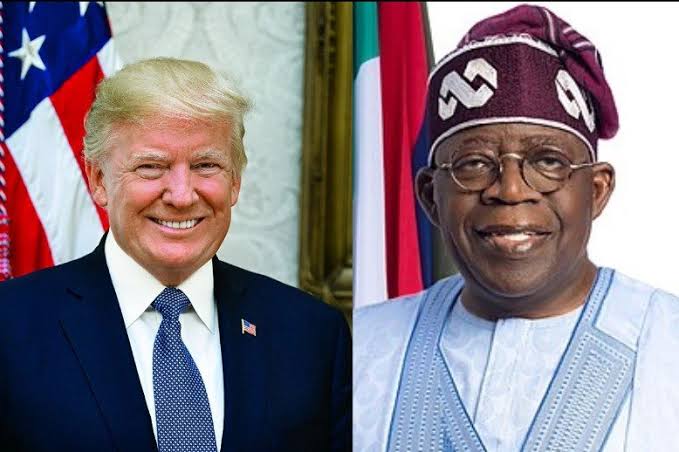The United States has praised Nigeria’s recent tax reform efforts but expressed concern over the country’s complex tax system and regulatory environment, which it says pose challenges to American businesses operating locally.
Speaking in Lagos on Thursday during a policy dialogue on the U.S. Commercial Diplomacy Strategy for Sub-Saharan Africa, U.S. Ambassador to Nigeria Richard Mills highlighted the burden of excessive taxation and unclear regulations on foreign companies.
According to Mills, a U.S. company operating in Nigeria reported paying as many as 67 different federal taxes, including a levy on wheelbarrows—an outdated regulation he said illustrates the need for a modernized tax framework.
“This is exactly why the passage of the tax reform bill is so critical,” the ambassador said. “These kinds of comprehensive economic reforms are long overdue, and U.S. businesses are encouraged to see steps in that direction.”

The tax overhaul was recently approved by Nigeria’s National Assembly, a move widely seen as part of President Bola Tinubu’s broader economic reform agenda. Mills commended the administration’s efforts, acknowledging the social and financial strain some of the changes have caused.
“We recognize that the reform process has been painful for many Nigerians,” he said. “But our analysis suggests these measures could open the door to broader economic growth and investment opportunities in the long term.”
While optimistic about the country’s economic trajectory, the U.S. envoy also pointed to lingering obstacles. He cited issues such as inconsistent regulatory enforcement, corruption, and port inefficiencies as major deterrents for international investors.
“The rules set by regulators are often hard to interpret, which complicates compliance,” Mills said. “Creating a transparent and level playing field will go a long way in attracting more trade and investment.”
The policy forum also touched on ongoing efforts to deepen commercial ties between Nigeria and the U.S., with Mills reaffirming Washington’s commitment to fostering mutual prosperity through economic cooperation.
As both countries continue exploring new trade avenues, experts say Nigeria’s ability to simplify its tax code and reform its regulatory institutions could be pivotal in attracting global capital and driving sustainable development.



